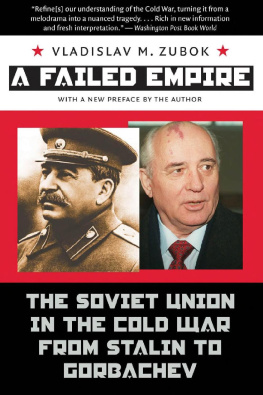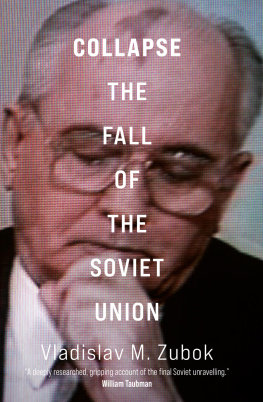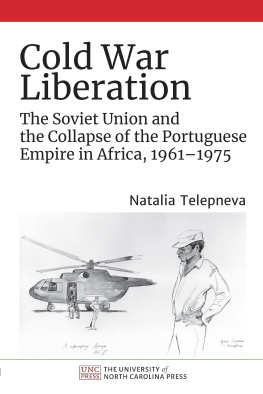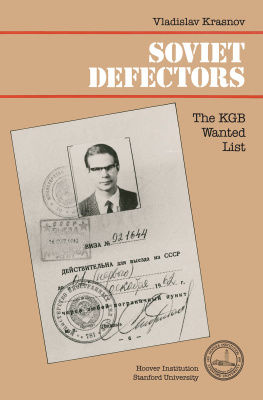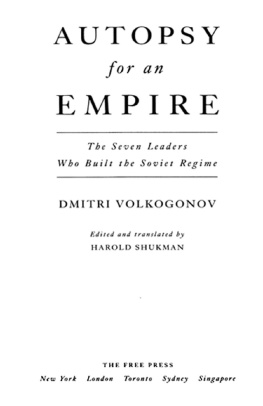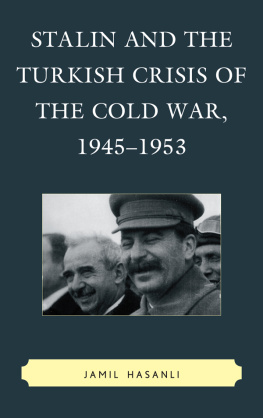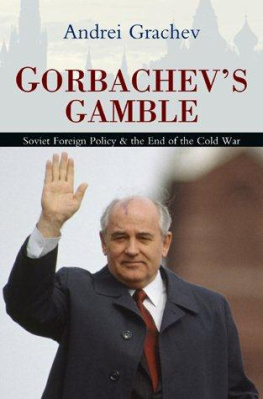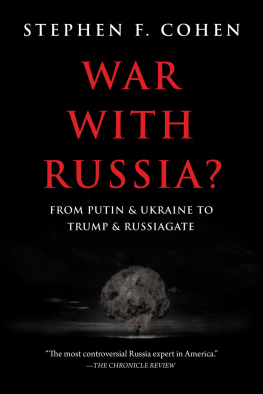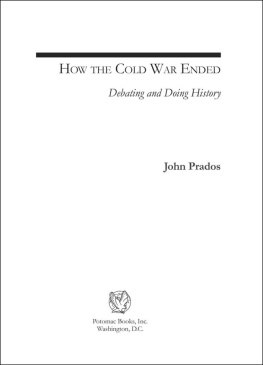PREFACE TO THE PAPERBACK EDITION
RUSSIAS REVENGE?
The collapse of the Soviet empire was an event of epochal geopolitical, military, ideological, and economic significance. The United States, the last superpower, became the hub of the international order. Triumphalism surged in the West. Almost all of the countries from the former Communist bloc looked toward Washington for assistance, protection, and advice. The consensus in Washington was that the countries of Eastern Europe and Russia were making a transition under the guidance of American consultants toward a market economy and liberal democracy. This was also the expectation in Russia.
Under American leadership, the victorious and economically prosperous West began to expand eastward, absorbing the countries of Eastern Europe, which had a traditionally strong pro-Western orientation. Even before the division of Europe ended in 1989, these countries had begun to drift covertly toward the West. The enlargement of the European Union (EU) was the most positive development in Europe after the end of the Cold War. The common European project and the desire for modernity and prosperity helped to erode historic animosities between Germany and Poland, Rumania and Hungary, and Bulgaria and Turkey that plagued the Eastern part of the continent. In the past, most of the new members had been treated as imperial provinces, satellites, or second-rate countries begging for the crumbs from the great powers table. Some never succeeded in overcoming backwardness and poverty. Admittance into the EU gave these countries an enormous boost in morale, helping them compensate for the painful slump during their transition to a market economy. Playing by the rules and accepting Western values ensured a much smoother political transition from a post-totalitarian regime to a democracy. The integration of the new Europe with the old Europe replaced the Iron Curtain with a common space, free of protectionist and visa barriers.
After 1989, the United States acted to guarantee Europes security. In 1996 the United States supported the admission of Poland, the Czech Republic, and Hungary into the North Atlantic Treaty Organization (NATO). From that moment on, NATO adopted the Open Door policy, inviting any European country to join its ranks. During the Cold War, the United States, in the famous phrase of Norwegian historian Geir Lundestad, had acted as the empire by invitation. In 2004 Bulgaria, Rumania, Slovakia, Lithuania, Latvia, and Estonia joined NATO. Sidelined after World War I and Stalinized after World War II, Central Eastern Europe and the Baltics finally got their lucky ticket.
It turned out to be a different story with the ex-Soviet Central Asian states, Belarus, Ukraine, and especially Russia. The largest successor state from the Soviet domain, the Russian Federation became recognized in 1992 as the legal successor to the Soviet Union. The new Russia inherited the Soviet Unions permanent seat on the UN Security Council but also over $100 billion in Soviet debt. Due to its size and geography, Russia did not fit into either the EU or NATO. Statesmen and diplomats in Washington, Moscow, and above all London and Berlin remembered the famous saying of Lord Ismay, the first secretary-general of NATO, that the alliances purpose was to keep Americans in, Russians out, and Germans down. The Clinton administration assured the Russians that this was no longer true and offered a special partnership between NATO and Russia. Russia accepted. Russias post-Communist state was extremely weak, and its leadership appeared to be eager to join the Western order under any conditions. Soon, however, Russias behavior began to disappoint the West.
Russia, in the eyes of many Western observers, failed to make the transition expected of it after the collapse of Communism. The Yeltsin government, whom the Western countries helped with lavish advice (but not much money), subjected Russia to shock therapy to create a market economy in one big leap, following the example of Poland and other Eastern European countries. The effects of this policy were even more traumatic and controversial than they had been in Eastern European countries. The economic reformers in the Kremlin, eager to liberate Russia from its bane of state centralism and prevent the Communist Party from returning to power, quickly privatized enormous state assets. Most of them ended up in the hands of criminal groups and a few big business oligarchs linked to the state bureaucracy. The Russian economy contracted by more than two-fifths, a greater recession than the United States had experienced in the 1930s. Whole areas of the country, including dozens of industrial conglomerates and techno-cities in the military-industrial complex, remained without funds and became blighted. The reformers failed to stop hyperinflation, and Russians, who lost their lifes savings, fled from the ruble to the U.S. dollar. The extensive social services of Soviet times, from free kindergartens to free health care and paid vacations, disappeared overnight. Violent crime soared, and life expectancy plummeted from seventy to sixty-five years. Russia experienced demographic contraction of catastrophic proportions. Its science and engineering, education and culture were starving, saved only by grants from American philanthropist George Soros and a few Western foundations. During the early 1990s, 1.5 million highly educated and talented Russians emigrated for economic reasons. The Yeltsin reforms neglected not only Russian society but also state institutions. The state that emerged from the Communist collapse was very weak, could not collect taxes, and could not implement necessary market reforms effectively. Corruption swept through Russia like a tsunami. The Russian army became such a pitiful wreck that in 199496 it lost a war against the separatist irregulars in the mountain region of Chechnya.

